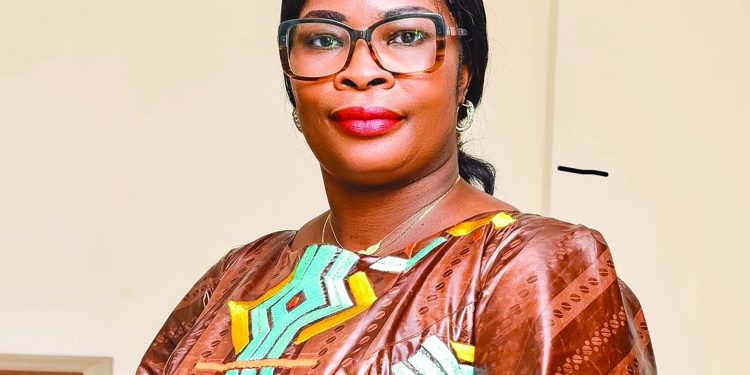The Ministry of Gender and Children’s Affairs (MoGCA), in partnership with UNFPA, has ended a three-day training workshop for health professionals, social workers, and law enforcement officers on strategies, implementation, and action plans to eliminate Female Genital Mutilation (FGM) in Sierra Leone.
The training brought together key stakeholders including Dr. Joan H. Shepherd, Head of Midwifery at COMAHS (lead facilitator); Jacklyn F. Kanu, District Medical Officer (DMO) Bombali; Francess Kargbo, Assistant Regional Coordinator FSU; Ibrahim Sorie Conteh, Advocacy and Information Attaché FSU; Ibrahim Kamara, Director of Strategic Planning and Policy at MoGCA; alongside representatives from other districts who shared insights on addressing FGM.
Chairing the program, Dennis Kororma, Assistant Director at MoGCA, welcomed distinguished guests and participants from the health, social, and law enforcement sectors.
He reiterated the importance of the workshop and its role in ending FGM practices nationwide. “We are here to share our suggestions and make positive recommendations to end the fight against FGM,” he said.
In her remarks, Francess Kargbo of the FSU highlighted the dangers of FGM and its devastating impact on young girls, emphasizing the FSU’s role in prosecuting perpetrators.
Speaking on behalf of the Ministry of Health, Gender Focal Person Emmanuella K. Anderson stressed the serious health consequences of FGM, including psychological trauma, infectious diseases, and internal bleeding. “The data shows approximately 350 females die annually from FGM complications,” she noted, applauding MoGCA and partners for championing this initiative.
Ibrahim Kamara, MoGCA’s Director of Strategic Planning and Policy, encouraged participants to fully engage in the discussions.
He highlighted the challenges faced by district-level health and social workers and linked the training to the need for stronger interventions.
Kamara also referenced the recent amendment of the Child Rights Act (CRA), which removed the clause on FGM, urging Parliamentarians to reinstate it.
He reaffirmed the Ministry’s commitment to promoting women’s and girls’ rights, citing the Maputo Protocol and the African Charter on the Rights of the Child as guiding frameworks.
Dr. Joan H. Shepherd, lead facilitator, delivered a comprehensive presentation on the causes, implications, and global trends of FGM and described practice as a grave human rights violation affecting over 200 million women and girls globally, with four million at risk each year.
She shared success stories from countries like Kenya, where prevalence rates dropped significantly, and urged collective action to save women and girls from maternal deaths and childbirth complications linked to FGM.
Ibrahim Sorie Conteh from the FSU outlined law enforcement policies and legal frameworks addressing FGM, referencing Sierra Leone’s 1991 Constitution (Section 20(1)), the Child Rights Act of 2007, and the HIV/AIDS Prevention and Control Act of 2007, all of which prohibit harmful practices.
Day one concluded with breakout sessions where participants discussed prevention strategies. Naomi Conteh, a social worker from Kono District, presented pathways to address FGM through media engagement, continued advocacy, stronger collaboration, and community awareness. FSU and health professionals made similar commitments.
On the final day, district representatives from Kono, Tonkolili, Falaba, Kabala, Karene, and Bombali presented strategies for nationwide elimination of FGM.
Recommendations included engaging community advocates, promoting cultural sensitization messages, enforcing local by-laws, using radio discussions, implementing school-based awareness, and engaging traditional and religious leaders.
The workshop concluded with each district presenting action plans and pledging their unwavering commitment to end FGM in Sierra Leone.
Communications Unit, Ministry of Gender and Children’s Affairs











